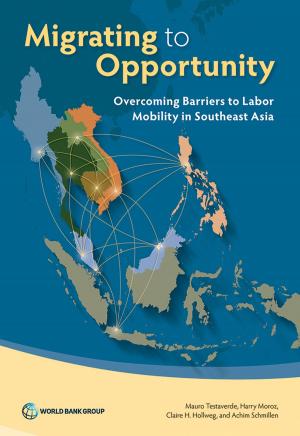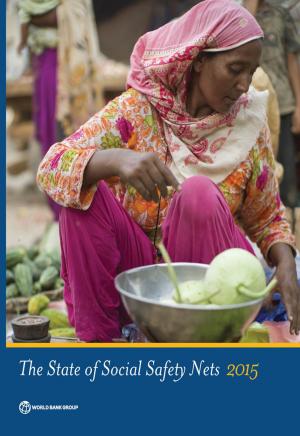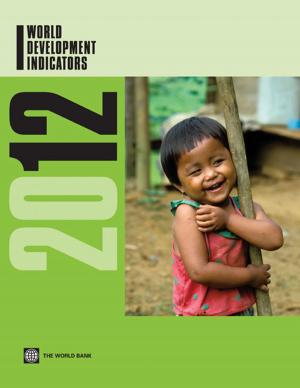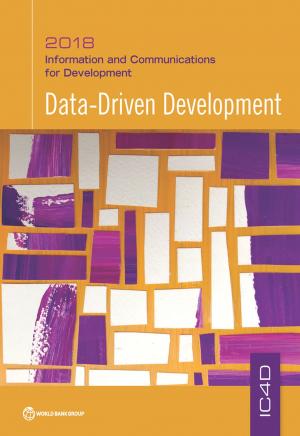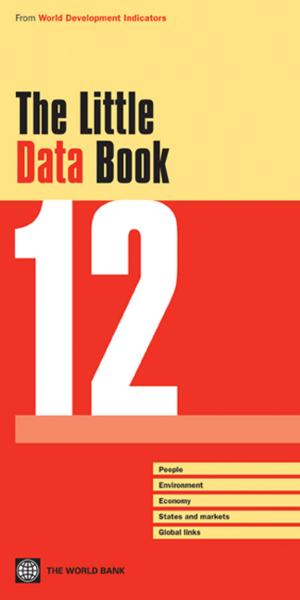Productivity Revisited
Shifting Paradigms in Analysis and Policy
Business & Finance, Economics, Economic Development, Industries & Professions, Industries| Author: | Ana Paula Cusolito, William F. Maloney | ISBN: | 9781464813627 |
| Publisher: | World Bank Publications | Publication: | December 21, 2018 |
| Imprint: | World Bank Publications | Language: | English |
| Author: | Ana Paula Cusolito, William F. Maloney |
| ISBN: | 9781464813627 |
| Publisher: | World Bank Publications |
| Publication: | December 21, 2018 |
| Imprint: | World Bank Publications |
| Language: | English |
Productivity has again moved to center stage in two critical academic and policy debates: the slowing of global growth amid spectacular technological advances, and developing countries’ frustratingly slow progress in catching up to the technological frontier. Productivity Revisited brings together the new conceptual advances of 'second-wave' productivity analysis that have revolutionized the study of productivity, calling much previous analysis into question while providing a new set of tools for approaching these debates. The book extends this analysis and, using unique data sets from multiple developing countries, grounds it in the developing-country context. It calls for rebalancing away from an exclusive focus on misallocation toward a greater focus on upgrading firms and facilitating the emergence of productive new establishments. Such an approach requires a supportive environment and various types of human capital--managerial, technical, and actuarial--necessary to cultivate new transformational firms. The book is the second volume of the World Bank Productivity Project, which seeks to bring frontier thinking on the measurement and determinants of productivity to global policy makers.
Productivity has again moved to center stage in two critical academic and policy debates: the slowing of global growth amid spectacular technological advances, and developing countries’ frustratingly slow progress in catching up to the technological frontier. Productivity Revisited brings together the new conceptual advances of 'second-wave' productivity analysis that have revolutionized the study of productivity, calling much previous analysis into question while providing a new set of tools for approaching these debates. The book extends this analysis and, using unique data sets from multiple developing countries, grounds it in the developing-country context. It calls for rebalancing away from an exclusive focus on misallocation toward a greater focus on upgrading firms and facilitating the emergence of productive new establishments. Such an approach requires a supportive environment and various types of human capital--managerial, technical, and actuarial--necessary to cultivate new transformational firms. The book is the second volume of the World Bank Productivity Project, which seeks to bring frontier thinking on the measurement and determinants of productivity to global policy makers.

